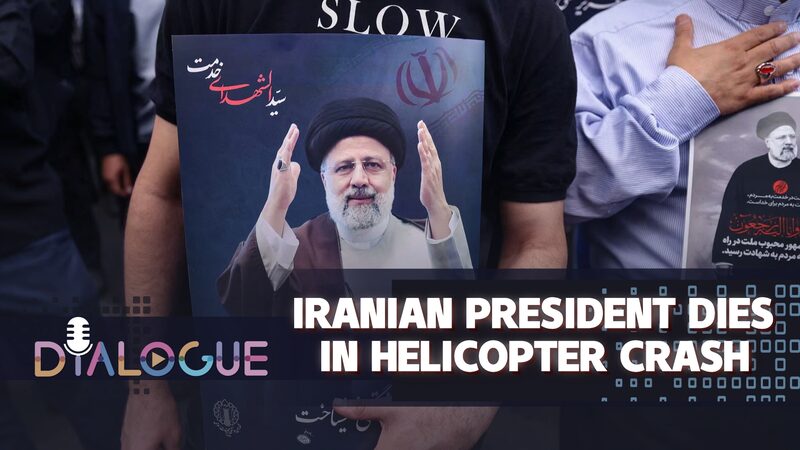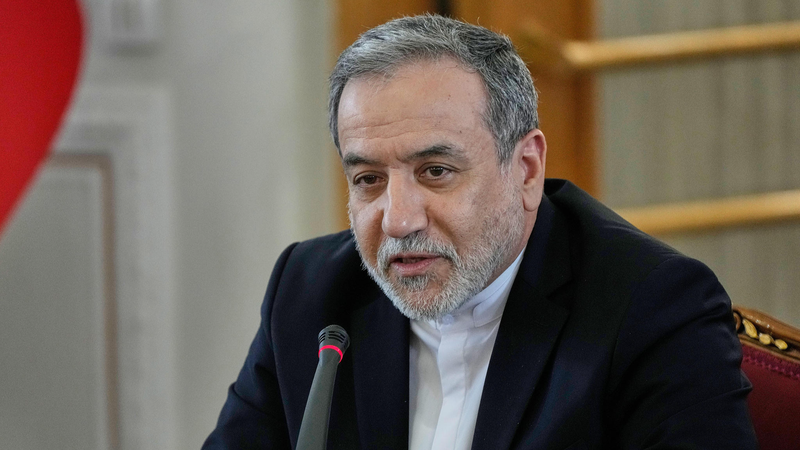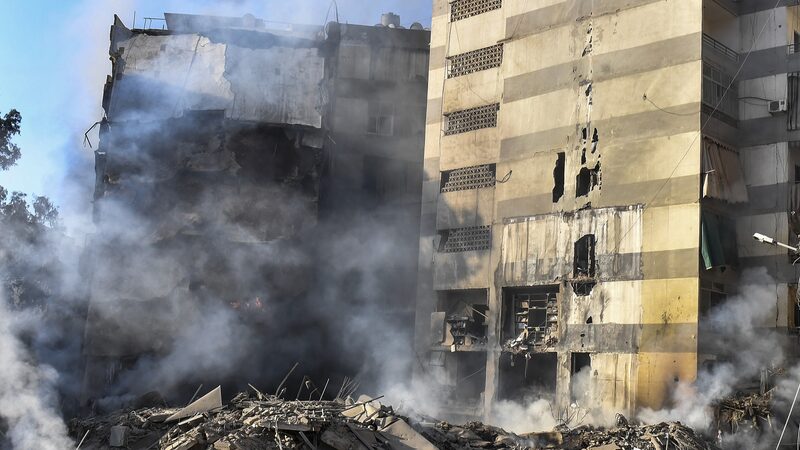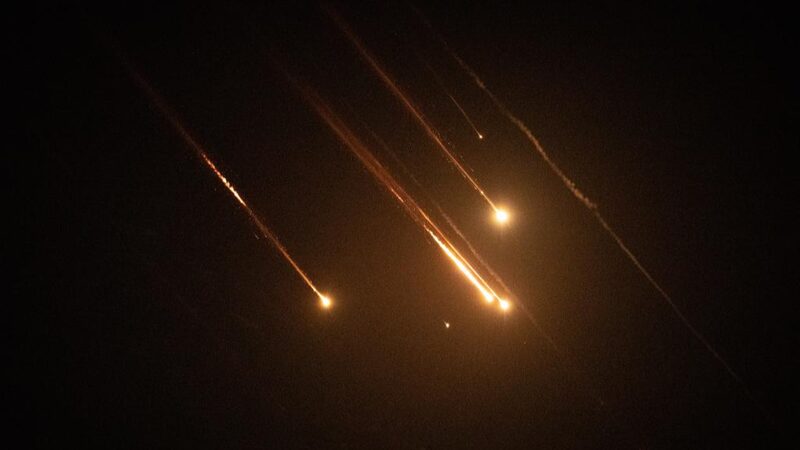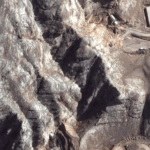A Helicopter Crash, a Power Vacuum, and What’s Next for Iran
The sudden death of Iranian President Ebrahim Raisi and Foreign Minister Hossein Amir-Abdollahian in a helicopter crash has sent shockwaves across the Middle East. Iranian authorities attribute the tragedy to severe weather and technical failures, but the timing—amid escalating regional tensions—raises urgent questions about Iran’s future.
Who Steps In? The Leadership Puzzle
Under Iran’s constitution, Vice President Mohammad Mokhber will assume interim presidential duties, with elections required within 50 days. Professor Seyed Mohammad Marandi of the University of Tehran notes, “Stability is the priority, but factions may clash over Raisi’s successor.” Experts like Professor Wang Jin highlight potential continuity in foreign policy, given the Supreme Leader’s overarching influence.
Turbulence at Home and Abroad
Domestically, Raisi’s death comes as Iran grapples with economic strains and youth-led protests. Professor Foad Izadi warns of “short-term uncertainty,” but believes institutions will maintain order. Internationally, Professor John Ghazvinian suggests Tehran may tread cautiously in regional proxy conflicts, though its alliances with groups like Hezbollah remain intact.
A Moment of Reckoning for the Middle East
With U.S.-Iran relations frozen and nuclear talks stalled, Raisi’s absence could delay diplomatic breakthroughs. Meanwhile, regional rivals like Israel and Saudi Arabia will watch closely for shifts in Iran’s strategy. As one analyst put it: “The chessboard just got rearranged.”
Reference(s):
The death of Iranian President Raisi: What will be the impact?
cgtn.com
